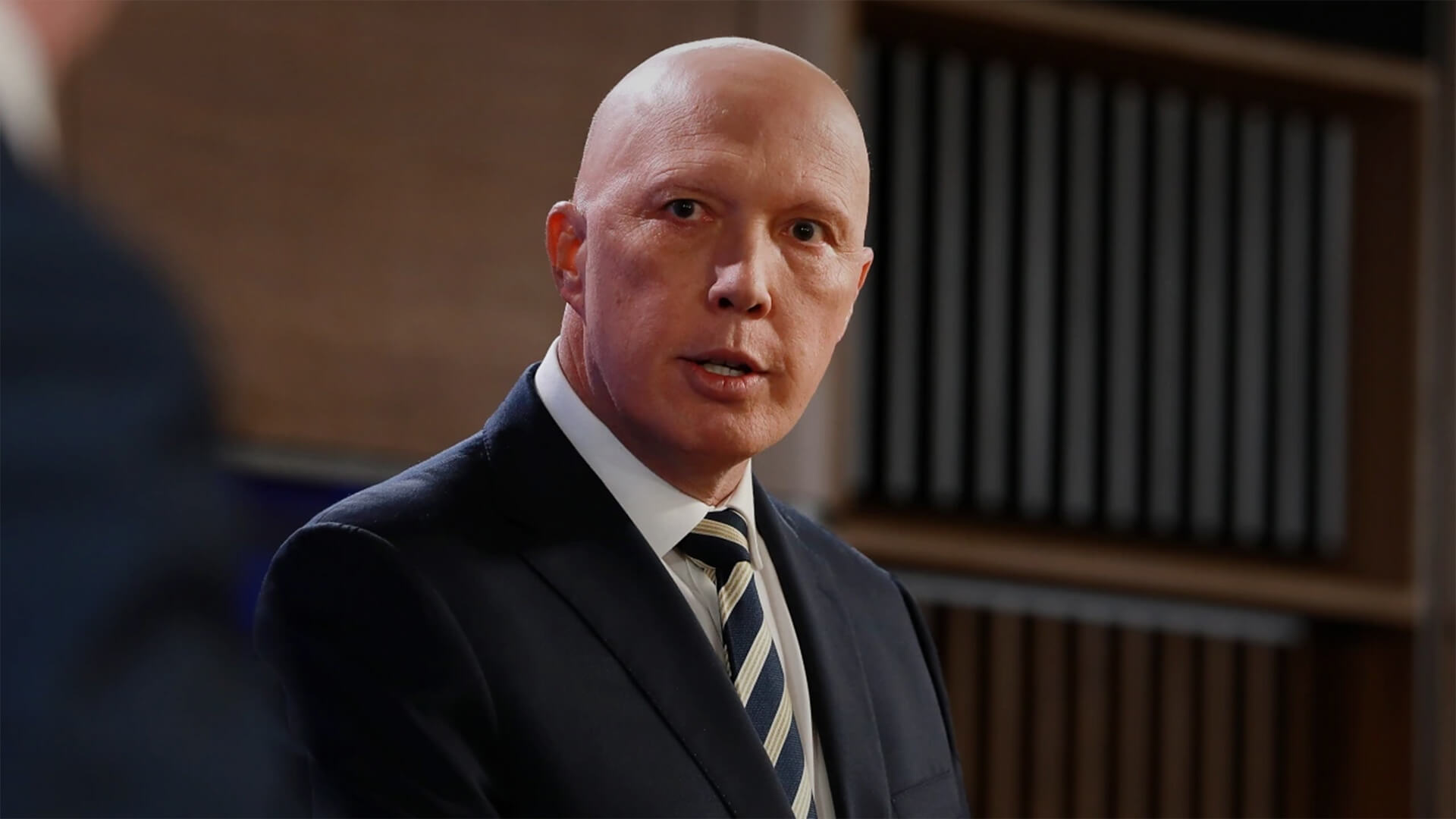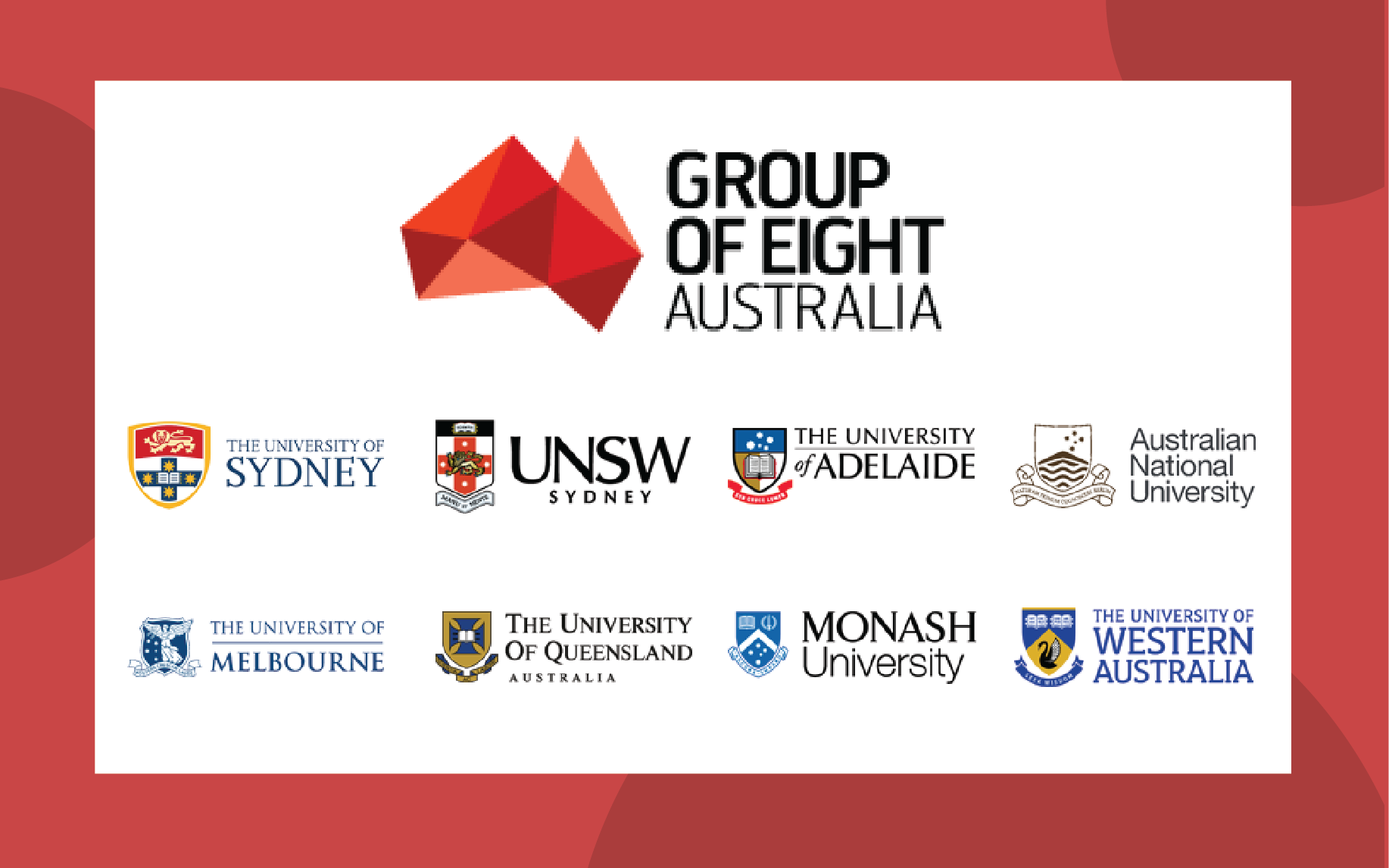
Background and Legislative Process of the NPL Policy

In earlier articles, we discussed the Australian Labour government’s plan to introduce the National Planning Level (NPL) policy in 2025. This policy aims to limit international student numbers by setting caps for incoming freshmen, often referred to as the “quota”.
For a detailed review, check out our previous article: Will Study and Immigration Become History? What Should International Students Do Under the 2025 New Policy?

To fast-track the policy, the Labour government announced it before moving through the legislative process. By early September, many details were already public, even before the bill passed.
The bill needed to pass the House of Representatives and then proceed to the Senate. The plan was for it to take effect on January 1, 2025.
After the policy announcement, many assumed the bill’s passage was a formality. The Labor and Liberal parties shared similar views on limiting international students. Under Peter Dutton’s leadership, the Liberal Party had even taken stronger stances on some immigration policies.
As a result, many international students adjusted their plans, expecting the bill to pass soon. However, after the NPL bill passed the House, it faced unexpected opposition in the Senate.
The Liberal Party’s “Backstabbing” Behavior

In Australia, bills must pass both the House of Representatives and the Senate before they become law.
When the NPL bill reached the Senate, votes from the Liberal Party, the Greens, and some independents blocked it.
Liberal Party spokespeople argued that setting quotas wouldn’t solve the temporary visa issue. They opposed the bill, effectively “backstabbing” the Labour Party.
Labour never expected the Liberal Party, which had supported the bill in the House, to oppose it in the Senate. This made the next two weeks critical. If no agreement is reached soon, the Senate’s next session won’t be until next year, delaying the policy and likely leaving the 2025 academic year unaffected.
The Interest Conflicts Behind the Policy Change
This policy shift is good news for most international students. Removing the quota means more opportunities to study in Australia. But why the change?
It all boils down to one word: “interests.”
The Australian government aims to drive economic growth in regional areas. They plan to limit international students in major cities and allocate more quotas to regional universities, boosting local economies.
However, this policy faced major challenges. The Liberal Party’s reaction highlights a conflict between the government’s long-term goals and short-term economic interests. The international education sector is a major contributor to Australia’s economy, and restricting international students could harm universities’ financial health.
Big city universities, which rely heavily on international students, lobbied the Liberal Party, leading them to oppose the policy.
Why Are Universities So Concerned?

Why are universities worried? Simply put, international students provide substantial revenue. They stabilize universities’ finances, fund campus upgrades, and improve education quality. Limiting international students would cut their income and hurt education standards and rankings. If education quality and facilities decline, even local students could suffer.
The government’s plan to direct resources to regional areas by limiting big city students also created conflict. Major universities depend on international students, while regional schools urgently need them. The Liberal Party sided with big city universities, opposing the policy.
Australia’s Immigration Demand and Future Trends

Australia has vast land but a small population. Despite years of immigration policies, the country still faces a population shortage. Australia’s land area is about 7.68 million square kilometers, but its population is only 25 million. This results in low population density, despite significant immigration efforts.
While short-term conflicts over the NPL policy are clear, the long-term need for immigration remains. The government’s focus on attracting skilled professionals and international students is unlikely to change.
AMS Recommendations
In this volatile policy environment, how can you seize immigration opportunities?
AMS recommends considering regional areas for immigration. Despite fluctuations in the international student policy, promoting regional development remains a key goal for both major political parties.
Choosing regional areas for study or immigration—whether through employer sponsorship or skilled migration—provides a significant advantage.
However, these pathways often involve some passivity, as visa control is in the hands of employers or other entities. If you want more control over your future, applying for independent skilled migration is a better option.
In this dynamic policy landscape, AMS advises you to plan ahead, stay flexible, and be ready to act.
Contact AMS now to learn how to take control of your visa application and secure your future!
Phone: (03) 9092 1688
Email us: info@amsmigration.com.au




